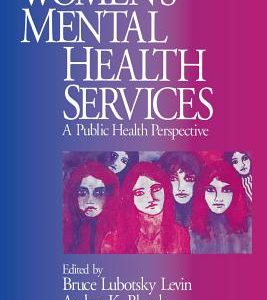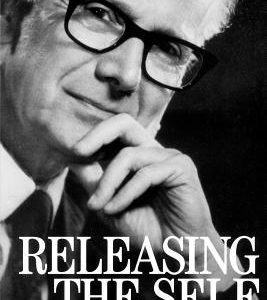Psychotherapy Relationship: Cultural Influences
$17.96
Description
This second volume in the Monograph Series of Fielding Graduate University features six articles on the cultural ramifications of the psychotherapy relationship, based on recent dissertations by Fielding graduates. Edited by Sherry L. Hatcher, Faculty Chair in the Clinical Psychology Program at Fielding Graduate University, the monograph offers six in-depth studies on some of the unique socio-cultural aspects of the therapy relationship. Jessie Whitehorse Lopez’s article, co-authored by Robert Hatcher, tells us about Native American psychotherapy clients: how they evaluate standard measures of alliance, and which criteria they propose to add in order to foster trust in the therapy relationship. Interestingly, Dr. Lopez did not initially gain cooperation from Native American research participants until he happened to show them that he knew how to make tobacco pouches, something his grandfather had taught him. That anecdote, recounted in the paper, also speaks to the analogous importance of an effective research relationship. Christine Mok-Lammé’s article serves to remind us to avoid stereotyping. The article illustrates common expectations about what Chinese American psychotherapy clients want from their therapy, in terms of either cognitive or emotion-based interventions. Dr. Mok-Lammé urges us to look at individual differences within cultures, so as to formulate an appropriate psychotherapy treatment for each patient. Arielle Schwartz takes us into “new age” culture by asking what psychologists think about embedding mind-body methods in their work, such as the use of relaxation techniques, mindfulness practices, and more. She discovered interesting discrepancies between the mind-body techniques that psychologists value personally, and those that they are disinclined to incorporate into their professional work. Shanna Jackson studied parallel cultures of abuse and what happens when therapists, who have themselves suffered abuse and trauma, treat clients with a similar history. The potential for “vicarious traumatization” suggests that methods that typically promote therapist empathy may instead have the potential to unwittingly retraumatize some therapists. Chaya Rubin and Comfort Shields explore the culture of therapists’ judgments, based on archival data from a study published by the editor of this issue. They investigate the question of whether the perceived culpability or vulnerability of a psychotherapy client may affect a therapist’s ability to empathize with that client. Michelle Horowitz introduces the reader to an exponentially expanding culture of social media and, in particular, how the delivery of electronically-mediated psychotherapy may positively and/or negatively impact the therapeutic relationship. She further addresses ethical issues, including the need for maximizing therapist competency in arranging for confidential delivery of therapy services via technologies such as Skype.
Author: Hatcher Phd, Sherry L, Author: Abel Horowitz Phd, Michelle S, Author: Hatcher Phd, Robert L
Topic: Psychology
Media: Book
ISBN: 1505284104
Language: English
Pages: 200
Additional information
| Weight | 0.66 lbs |
|---|---|
| Dimensions | 9 × 6 × 0.46 in |












Reviews
There are no reviews yet.